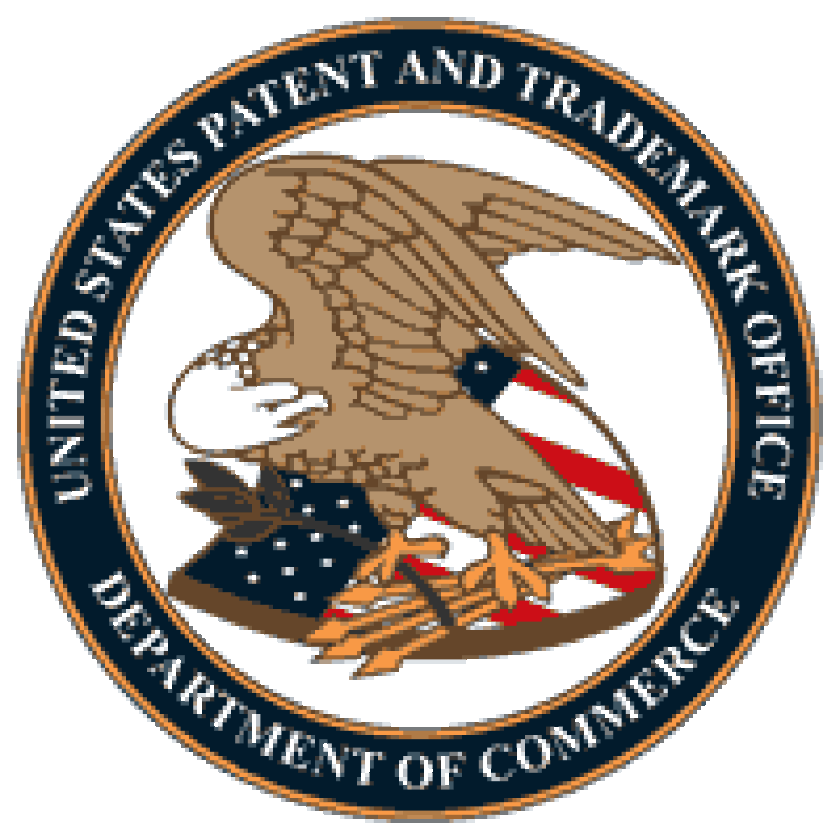Also on the blog in the past week were:
Kenyon comes to end of road but IP boutique model not dead
We’ve also posted the following articles in the past week (log in via subscription or free trial):
EPO President Battistelli on appeals reforms
IP Stars 2017 research now underway
Samsung ordered to pay treble damages in first TXED post-Halo decision
PTAB 4 Years In: Is the Board too hard on motions to amend?
PTAB 4 Years In: Rule changes – a declaration of intent
Global IP & Innovation Summit, Shanghai - Day 2 updates
PTAB “arbitrary and capricious” in denying motion to amend – CAFC
Unitary Patent and UPC: A progress report (August 2016)
Global IP & Innovation Summit - live updates
Interview: Europol IP crime specialist, Bérengère Dréno
Report suggests USPTO attendance abuse
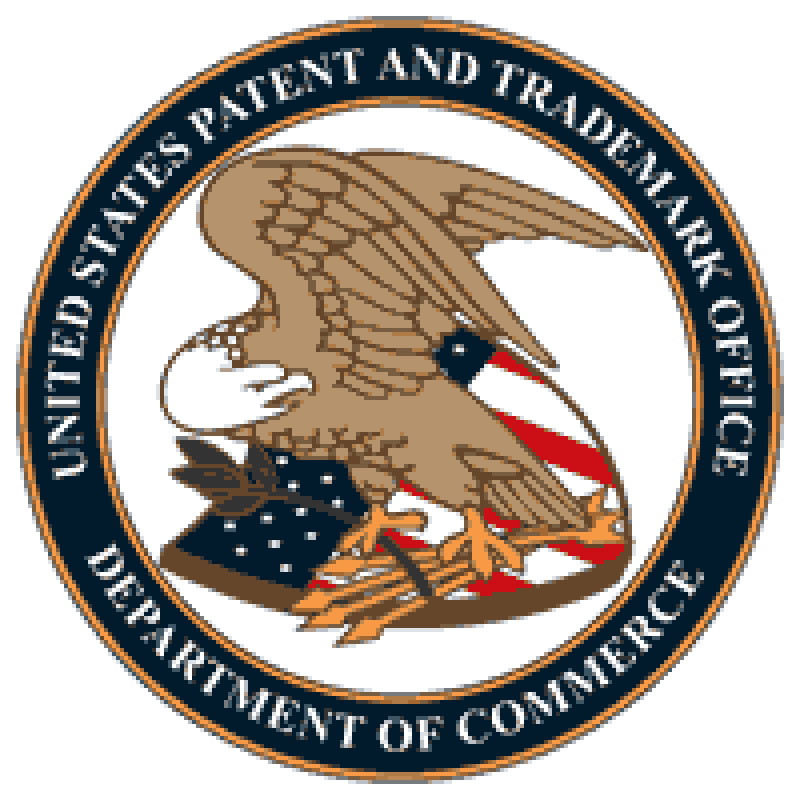
A Department of Commerce investigation has charged that thousands of USPTO employees billed almost 300,000 hours that they never worked, reports The Washington Post. The report says this is equivalent to $18.3 million.
The Post explained: “Using records of turnstile badge swipes, computer logins and remote connections from examiners’ homes to federal computer systems, investigators looked for discrepancies between the time employees reported working and the hours they actually put in.
Deputy Inspector General David Smith’s office found a gap of 288,480 hours covering not only employees with permission to work independently from home but also examiners assigned to the agency’s Alexandria, Va., headquarters who were gaming the system.”
The USPTO noted that this is a small amount, stating that “there was a lack of a digital footprint in approximately 2% of the total hours claimed by the patent examiners during the 15 month period”.
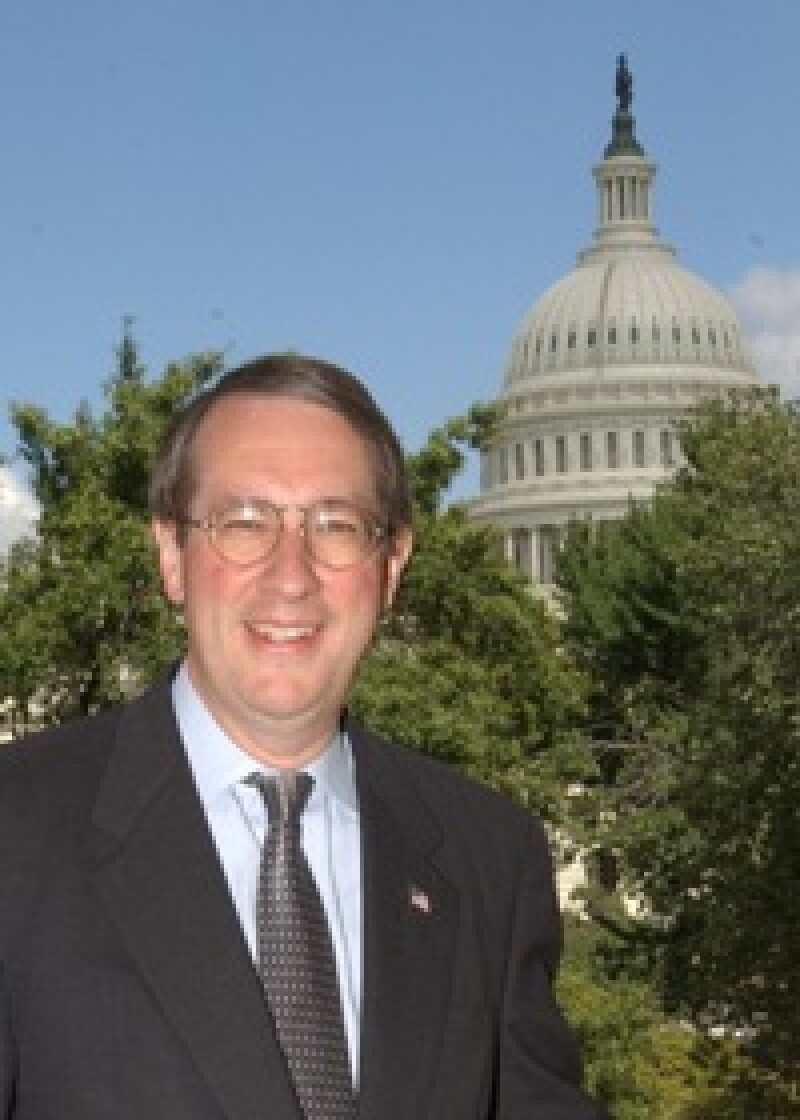
The House of Representatives Judiciary Committee responded by setting up a hearing with USPTO Director Michelle Lee for next Tuesday, September 13.
House Judiciary Committee Chairman Bob Goodlatte (left) said: “I am extremely concerned about the recent Inspector General’s report that indicates time and attendance fraud is still a serious problem at the Patent and Trademark Office. The amount of wasted man-hours that could have been spent reducing the patent backlog is astounding, not to mention the millions of taxpayer dollars that were wasted paying USPTO employees for work they were not doing.
“I am also concerned about the recent Government Accountability Office’s study that indicated the increase in the number of patent infringement lawsuits being filed can be directly attributed to concerns over patent quality. While the Patent and Trademark Office has taken steps to improve patent quality, the GAO found that more work is needed in this area.”
Lohan loses likeness lawsuit
Lindsay Lohan’s lawsuit against Take-Two Interactive Software has been thrown out, reports Bloomberg. The actress claimed that video game Grand Theft Auto V violated her privacy by using her likeness without permission.
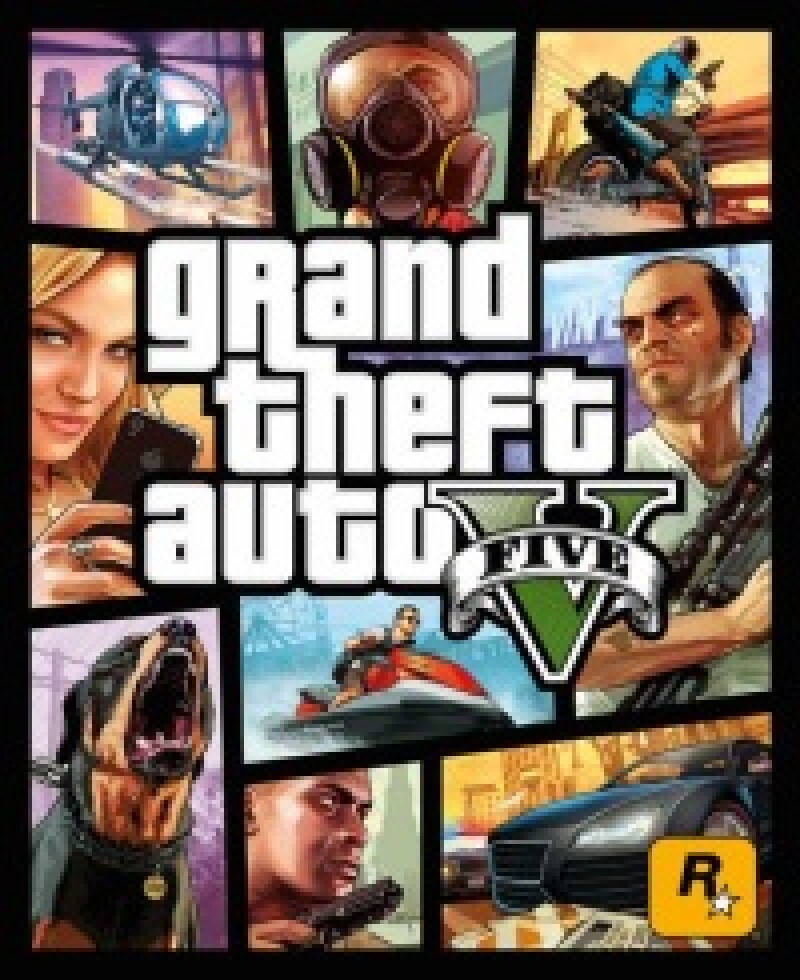
A New York appeals court ruled the game was a work of fiction and satire, and that the use of a character named Lackey Jonas fell outside the legal definitions of advertising and trade and was protected by the First Amendment.
“Video-game makers are increasingly battling athletes and celebrities that claim their likenesses are being used in games without permission,” explained Bloomberg. “Actress Ellen Page alleged in 2013 that a video game used her image for a character, and a group of college athletes won a $40 million settlement from Electronic Arts Inc in 2014 and Collegiate Licensing Co after they sued over the use of their likenesses in NCAA-branded video games.”
It added: “Last year, Take-Two was sued in Manhattan federal court over claims its National Basketball Association games violated copyrights by depicting the actual tattoos of LeBron James, Kobe Bryant and other stars. Take-Two has called the claims don’t have merit, and last month, a judge threw out the plaintiffs’ demands for statutory damages and attorneys’ fees in the case.”
Spangenberg aims digs at EFF
Erich Spangenberg has criticised a call from the Electronic Frontier Foundation (EFF) for universities to pledge not to license of sell patent rights to patent trolls.
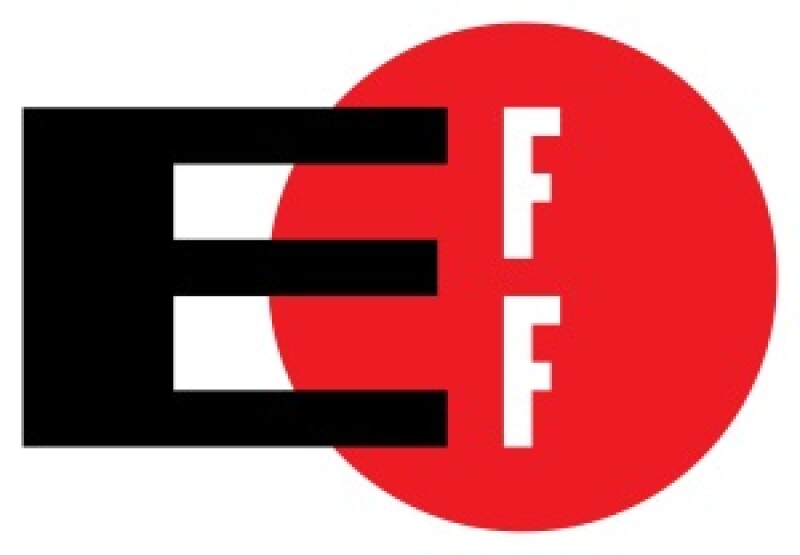
“The Electronic Frontier Foundation (EFF) wants universities to roll over and play dead when giant corporations steal their intellectual property,” said Spangenberg on his blog. “Displaying a shocking level of ignorance about how the patent system works, the EFF has called on universities to sign a ‘Public Interest Patent Pledge’.”
Spangenberg continued: “It all sounds very noble, unless you have some basic understanding of how the patent system works.”
The EFF urged universities to “partner with those who are actively working to bring new technologies and ideas to market”.
Spangenberg countered that there’s only one way to stop others from using your patents: through litigation. He said that the EFF saying they should not hire patent assertion entities to do it for them would be like saying “don’t use FedEx to deliver your packages, you should deliver them yourselves, because we don’t like FedEx’s business model since they use big trucks and not a Prius.”
Mexico’s opposition system is live
Mexico’s opposition system entered into force on August 30, reports Clarke Modet & Co.
The amendments to Mexico’s industrial property law introducing trade mark opposition proceedings were published in the federal gazette on June 1.
The new procedure will last approximately three months. Clarke Modet explained it will involve the following steps.
- The applications shall be published within 10 business days as of the filing date;
- Any third party may oppose the application within a non-extendable term of one month, counted from the publication date;
- Once the opposition period of one month has passed, the list of applications that received an opposition shall be published within the following 10 business days;
- After the list of opposed applications has been published, applicants shall be allowed a one-month period for replying to the opposition.
Argentina signals PCT interest
In other Latin American IP news, the new president of the Argentine PTO (INPI) has announced his intention to adopt the Patent Cooperation Treaty, reports Moeller IP Advisers.
Dámaso Pardo, who started his role in June, also announced a plan to improve efficiency and modernisation of the INPI, integrate INPI better with the rest of the world, and focus on promotion and influence within the INPI.
(This story is updated to correct an earlier version that said Pardo also signalled an intention to join Madrid. INPI told Managing IP that he did not mention anything about Madrid).
LV lawsuit not law professors’ bag
Techdirt has stuck the boot into “a ridiculous lawsuit by the notoriously overaggressive trade mark enforcers at luxury goods giant Louis Vuitton”.
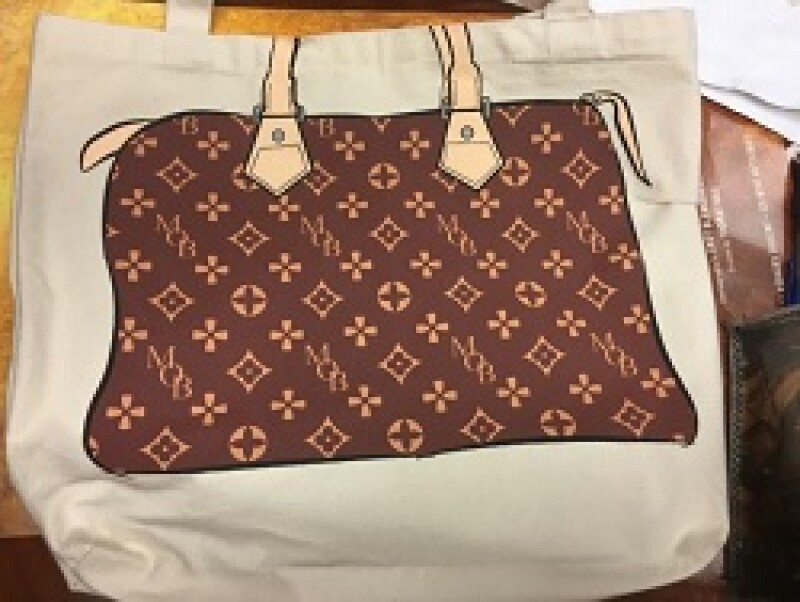
The case involved a small bag maker called “My Other Bag” that used a drawing that looked like a Louis Vuitton bag on the side of a tote bag. The court ruled that it was clearly a joke and advised that in some cases “it is better to ‘accept the implied compliment in [a] parody’ and to smile or laugh than it is to sue”.
Techdirt takes up the story: “For whatever reason, LV appealed this decision. And while one hopes that the appeals court will make quick work of the case and back the district court ruling, something interesting may be happening as well. A group of law professors has jumped into the case with a fascinating amicus brief, not just arguing in favor of My Other Bag, but actually making a constitutional argument that the very concept of dilution in trademark law is unconstitutional under the First Amendment.”
It noted the brief includes such well-known names as Chris Sprigman, Rebecca Tushnet, Pamela Samuelson, Mark Lemley and Robert Brauneis.
And lastly…
Warner Bros flagged its own site to Google for infringing its copyright, reports Ars Technica.
